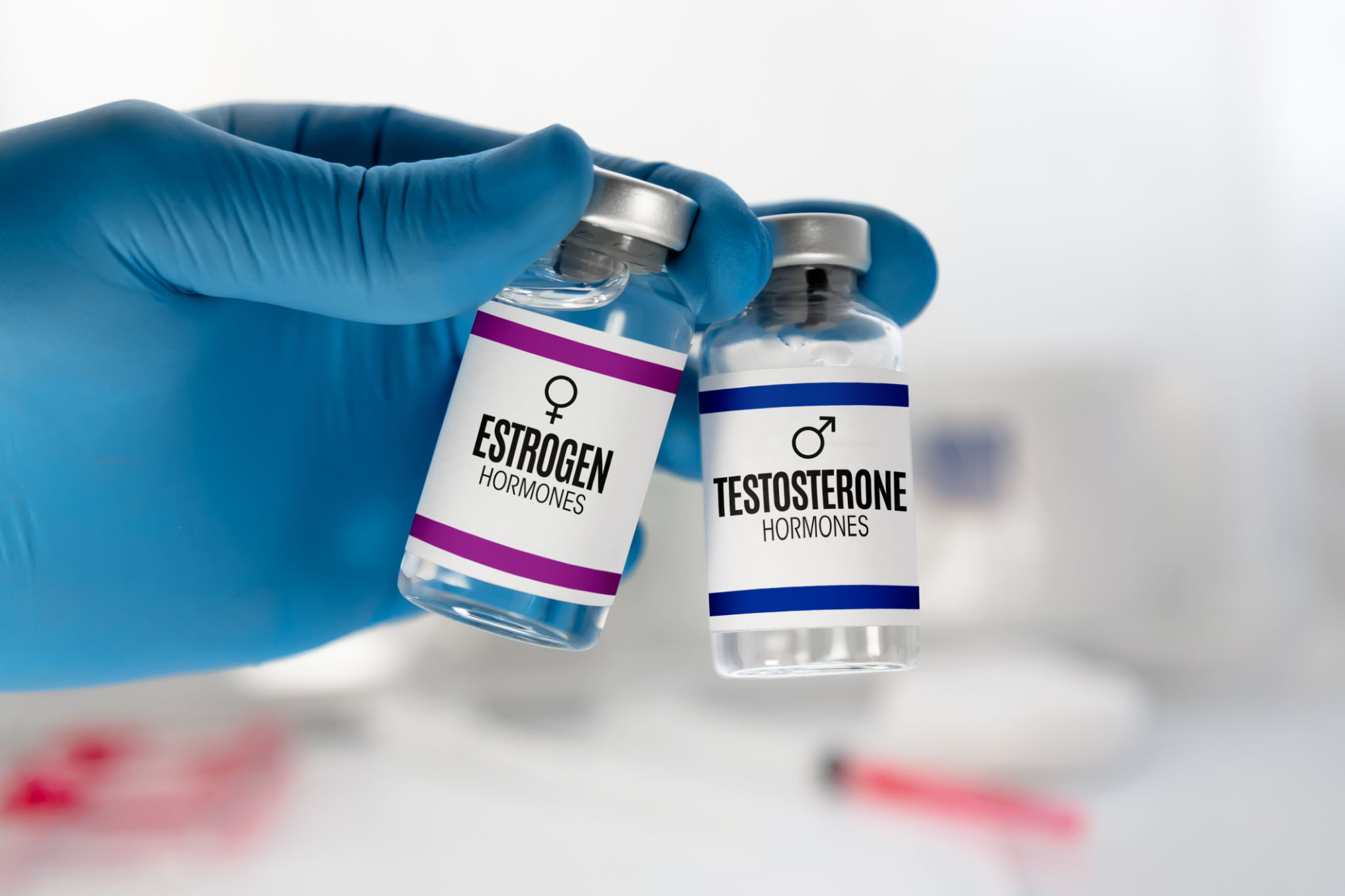Understanding Hormone Therapy: A Key to Anti-Aging
What is Hormone Therapy?
Hormone therapy is a medical treatment that involves the use of hormones to address various health issues. It is particularly known for its role in managing symptoms related to aging. As we age, the natural production of hormones like estrogen, progesterone, and testosterone declines, which can lead to a host of age-related conditions. Hormone therapy aims to restore these hormone levels, offering potential relief from symptoms and promoting overall well-being.
While the concept of hormone therapy might seem straightforward, its application and effects are multifaceted. It is used in different forms, including pills, creams, patches, and injections, each tailored to meet individual needs and health profiles.

The Benefits of Hormone Therapy in Anti-Aging
One of the primary benefits of hormone therapy is its ability to alleviate symptoms associated with menopause and andropause, such as hot flashes, mood swings, and decreased libido. By restoring hormonal balance, individuals may experience improved energy levels, mood stabilization, and enhanced sexual function.
Moreover, hormone therapy can play a significant role in maintaining bone density, reducing the risk of osteoporosis—a common concern as we age. It may also contribute to better skin elasticity and hydration, helping to reduce the appearance of wrinkles and fine lines.

Potential Risks and Considerations
Despite the benefits, hormone therapy is not without its risks. It's important to understand that it may not be suitable for everyone. Some individuals may experience side effects such as bloating, mood changes, or an increased risk of certain health conditions. Therefore, it's crucial to undergo a thorough medical evaluation before starting hormone therapy.
Consulting with a healthcare provider who specializes in hormone therapy can help determine the right treatment plan. They can assess potential risks based on personal health history and current health status to ensure a safe and effective approach.
Types of Hormone Therapy
Hormone therapy can be categorized into two main types: systemic and localized. Systemic hormone therapy involves hormones that enter the bloodstream and affect the entire body, while localized therapies target specific areas and are often used for treating symptoms like vaginal dryness.
Systemic therapies are more commonly associated with anti-aging benefits as they address a broader range of symptoms and conditions related to aging. However, the choice between systemic and localized therapies depends on individual needs and medical advice.

Who Should Consider Hormone Therapy?
Hormone therapy is often recommended for individuals experiencing significant symptoms due to hormonal imbalances. Women undergoing menopause or those with premature ovarian failure are common candidates. Additionally, men experiencing low testosterone levels can benefit from this treatment.
However, it's essential to approach hormone therapy with caution. Individuals with a history of certain cancers, blood clots, or liver disease should discuss alternative treatments with their healthcare provider.
Conclusion: A Personalized Approach
Understanding hormone therapy requires acknowledging both its potential benefits and risks. As a key component in anti-aging strategies, it offers hope for those looking to maintain a higher quality of life as they age. However, the decision to pursue hormone therapy should be made carefully and with professional guidance.
A personalized approach that considers individual health needs, lifestyle factors, and medical history will ensure that hormone therapy is used effectively and safely. By doing so, individuals can harness the power of hormones to support healthy aging and overall well-being.